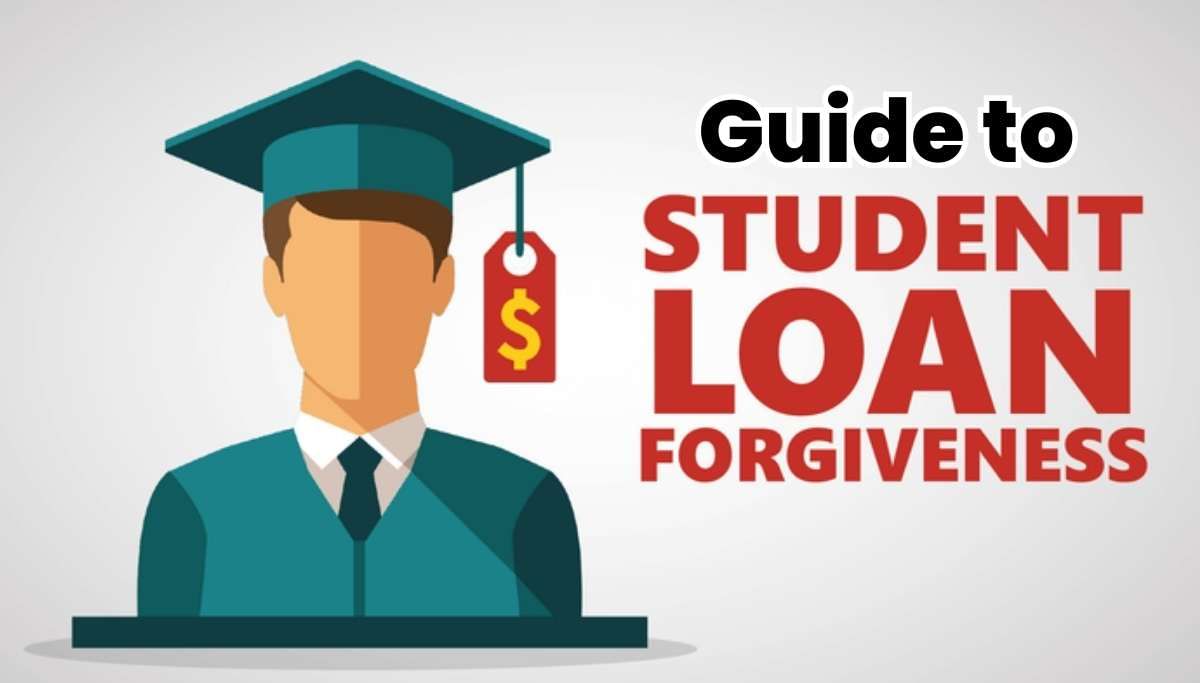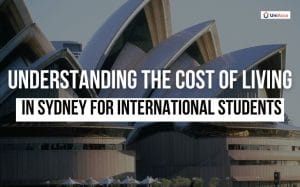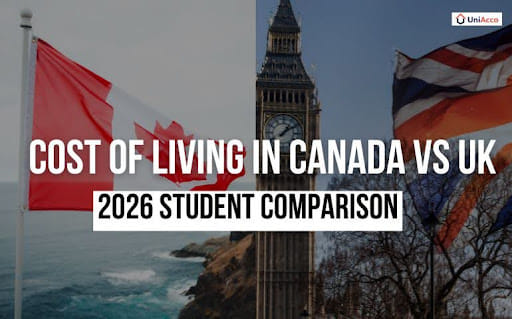Introduction:
Student loans have become a significant burden for many individuals pursuing higher education. To alleviate this financial strain, various student loan forgiveness programs have been introduced. In this blog post, we will explore what student loan forgiveness is, how it works, the different types and eligibility requirements, and provide insights into specific programs such as the Public Service Loan Forgiveness (PSLF), Teacher Loan Forgiveness, Loan Forgiveness for Doctors, Loan Forgiveness for Nurses, Military Personnel and AmeriCorps Loan Forgiveness, Loan Forgiveness for Lawyers, and more. Additionally, we will discuss the application procedure, approved and denied applications, repayment plans, pros and cons of student loan forgiveness, common scams, and helpful resources.
What is Student Loan Forgiveness?
Student loan forgiveness is a program that enables borrowers to have a portion or all of their student loans discharged or forgiven. This forgiveness typically occurs after meeting certain criteria, such as working in specific professions or fulfilling repayment obligations for a specific period.
How does it work?
Student loan forgiveness programs are designed to reduce or eliminate the outstanding loan balance. Borrowers must meet specific requirements, which may include working in designated fields, making consistent payments for a certain period, or meeting other eligibility criteria. Once these conditions are met, the remaining loan balance is forgiven.
Types and Eligibility of Student Loan Forgiveness:
A. PSLF (Public Service Loan Forgiveness): This program forgives the remaining loan balance for borrowers who work full-time for qualifying employers in the public service sector after making 120 qualifying payments.
B. Teacher Loan Forgiveness: Teachers serving in low-income schools or educational service agencies may qualify for loan forgiveness up to a certain amount after meeting specific criteria.
C. Loan Forgiveness for Doctors: Various loan forgiveness programs are available for doctors who work in underserved areas or participate in certain programs.
D. Loan Forgiveness for Nurses: Nurses serving in critical shortage areas or working in specific healthcare facilities can take advantage of loan forgiveness programs tailored to their profession.
E. Military Personnel and AmeriCorps Loan Forgiveness: Members of the military, veterans, and AmeriCorps volunteers may be eligible for loan forgiveness programs designed for their service.
F. Loan Forgiveness for Lawyers: Lawyers working in specific legal fields or public service organisations may qualify for loan forgiveness programs.
Student Loan Forgiveness Application: Procedure:
The application process for student loan forgiveness programs varies depending on the program. Generally, applicants need to complete the necessary forms and provide supporting documentation to prove their eligibility. It is essential to carefully follow the instructions and meet all deadlines to ensure a smooth application process.
Approved Application for Student Loan Forgiveness:
Upon successful completion of the application process, borrowers will receive confirmation of loan forgiveness. The remaining loan balance will be discharged, providing significant financial relief.
Denial of Application for Loan Forgiveness of Student Loans:
In some cases, loan forgiveness applications may be denied. This can occur due to errors in the application, failure to meet eligibility criteria, or incomplete documentation. It is crucial to review the denial notice and understand the reasons behind the denial.
Student Loan Forgiveness vs. Student Loan Discharges:
While student loan forgiveness programs can eliminate the remaining loan balance after meeting specific requirements, student loan discharges are granted in exceptional cases such as total and permanent disability, closed school discharge, false certification discharge, or other qualifying circumstances.
Pros & Cons of Student Loan Forgiveness:
Pros:
- Reduces or eliminates the burden of student loan debt.
- Provides financial relief and increased flexibility in pursuing career and life goals.
- Encourages individuals to work in specific fields that serve the public good.
Cons:
- Eligibility requirements can be restrictive, limiting the number of individuals who qualify for forgiveness.
- Forgiveness may result in a tax liability for the discharged amount.
- Some forgiveness programs require a lengthy commitment or repayment period before eligibility.
Repayment Plans:
Alongside loan forgiveness programs, borrowers can explore various repayment plans that suit their financial situation. These plans include income-driven repayment plans, graduated repayment plans, and extended repayment plans, among others. Understanding the available options can help borrowers manage their student loan obligations effectively.
Student Loan Forgiveness Scams:
Unfortunately, there are unscrupulous individuals who prey on vulnerable borrowers seeking loan forgiveness. It is essential to be cautious of scams that promise immediate forgiveness or charge exorbitant fees for assistance. Researching reputable resources and consulting official channels can help borrowers avoid falling victim to scams.
Help Resources:
There are numerous resources available to help borrowers navigate the complexities of student loan forgiveness. Government websites, nonprofit organisations, and financial aid offices can provide accurate and reliable information regarding eligibility, applications, repayment plans, and other aspects of student loan forgiveness.
Final Verdict:
Student loan forgiveness programs offer a ray of hope for individuals burdened by student loan debt. Understanding the different types of forgiveness programs, their eligibility criteria, and the application process is crucial for those seeking relief. While there are pros and cons to consider, loan forgiveness can significantly alleviate the financial strain and provide opportunities for borrowers to pursue their goals with more financial freedom. By staying informed, avoiding scams, and utilising available resources, borrowers can make informed decisions regarding their student loans and strive towards a brighter financial future.
FAQs:
1. Can I apply for multiple student loan forgiveness programs?
Yes, it is possible to apply for multiple student loan forgiveness programs if you meet the eligibility criteria for each program. However, keep in mind that the requirements and conditions may vary, so it’s important to carefully review the criteria for each program before applying.
2. How long does it take to get approval for loan forgiveness?
The processing time for loan forgiveness applications can vary depending on the program and the volume of applications being reviewed. It is advisable to check the specific program’s guidelines for estimated processing times. Generally, it may take several weeks to several months to receive a decision on your application.
3. Will student loan forgiveness affect my credit score?
Generally, student loan forgiveness itself does not directly impact your credit score. However, it’s important to note that if you have missed payments or defaults on your loans prior to applying for forgiveness, those negative marks may have already affected your credit score. Ensuring consistent and timely payments before applying for forgiveness is recommended to maintain a positive credit history.
4. Are private student loans eligible for forgiveness?
Private student loans are typically not eligible for federal student loan forgiveness programs. Forgiveness options for private student loans may vary depending on the lender and the terms of the loan. It’s advisable to contact your private loan provider to inquire about any available forgiveness or repayment assistance programs.
5. What happens if I don’t meet the requirements for loan forgiveness?
If you do not meet the requirements for loan forgiveness, your application may be denied. In such cases, you would remain responsible for repaying your student loans according to the terms of your loan agreement. It’s essential to review the denial notice, understand the reasons behind the denial, and explore other repayment options that may be suitable for your financial situation.
If you found this blog helpful, check out a few more on our website –















0 Comments